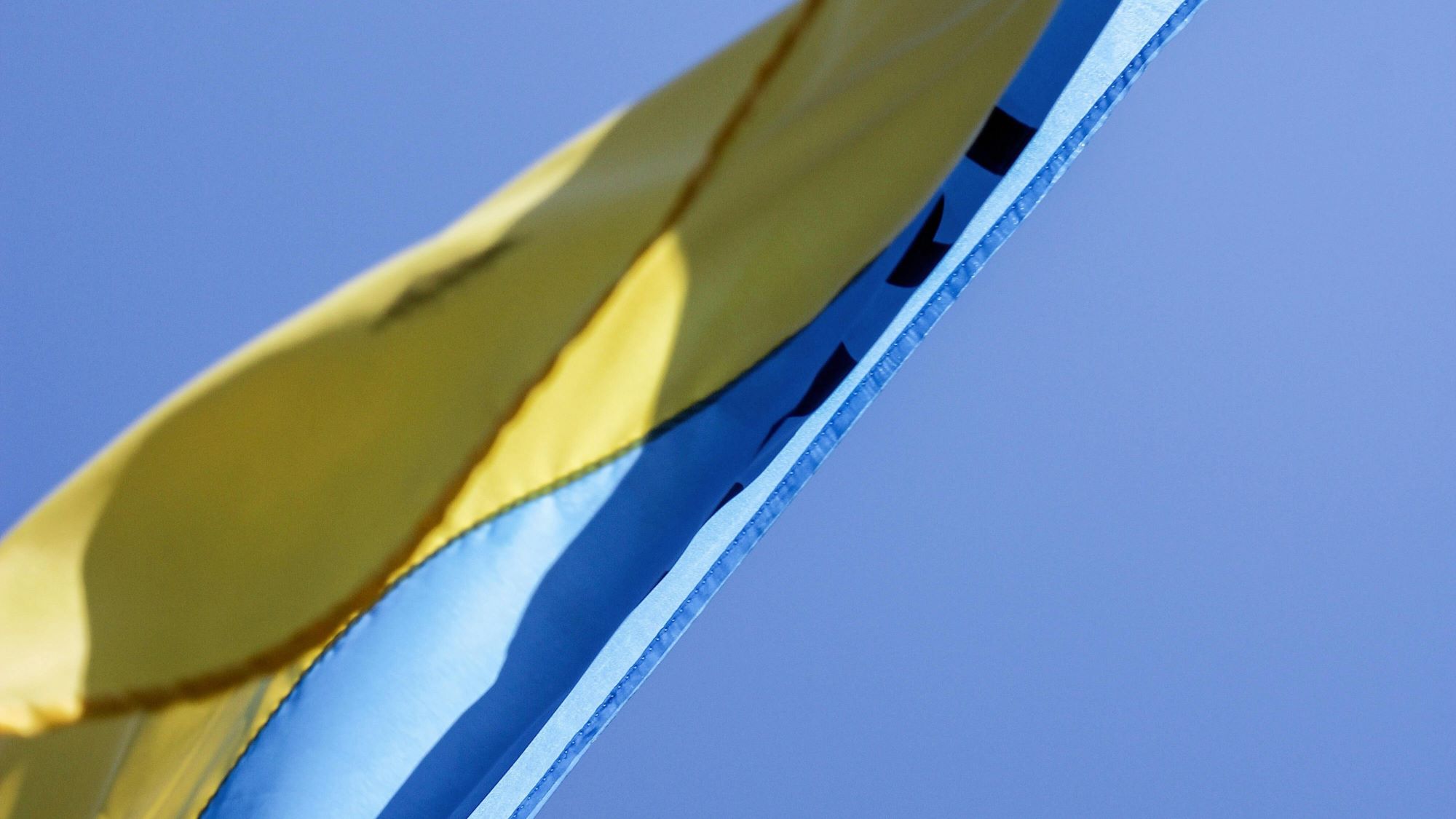As of January 2, 2024, Ukraine’s military has witnessed over 130,000 individuals killed, severely wounded, or missing, with civilian deaths totaling 10,058, as reported by Russia Matters, a project initiated by Harvard University. Recognizing the profound trauma endured, the legislation acknowledges the therapeutic properties of cannabis for individuals with PTSD. Cannabis has shown efficacy in reducing anxiety, improving sleep, managing chronic pain, and alleviating symptoms of depression.
In December, Ukrainian legislators initially passed the medical cannabis bill, facing opposition from the Batkivshchyna party, which attempted to annul the measure. The resolution against the bill was defeated in January, clearing the path for its enactment. Critics submitted numerous amendments, viewed by detractors as “spam,” but these efforts failed as well, with the bill passing with 248 votes.
President Zelensky granted his final endorsement to the bill approximately one month after the failed attempt to overturn the reform. The legislation is set to become effective within six months from its official publication date. During this period, the Cabinet of Ministers of Ukraine and the Ministry of Health will formulate regulations for the program.
Reuters notes that over 6 million people, including soldiers and civilians with PTSD, may benefit from medical cannabis. While the initial version of the bill mentions cancer and war-related PTSD as qualifying conditions, feedback from patients with other conditions, such as Alzheimer’s disease and epilepsy, highlights a broader demand for medical cannabis access.
The possibility of importing marijuana products earlier than the stipulated six months exists, contingent on the reclassification of cannabis in Ukraine’s drug code. Zelensky, expressing support for medical marijuana legalization in June, emphasized the need to apply global best practices and effective policies to alleviate the pain, stress, and trauma of war.
The legislation mandates specific licenses for cannabis cultivation and sales, requiring continuous video monitoring of production sites accessible to law enforcement. Oversight of cultivation and processing falls under the Ministry of Agrarian Policy, with supervisory and enforcement powers granted to the National Police and the State Agency on Medicines for distribution.
In December, the Defense Department announced a security assistance package worth up to $250 million for Ukraine, including anti-tank weaponry and air defense systems. Notably, cannabis companies also contributed, with American firms providing financial aid during the initial month of Russia’s invasion. Misha Breyburg, CEO of MediThrive, directed a portion of cannabis sales proceeds to a charity supporting Ukrainians and decorated the MediThrive dispensary in San Francisco with Ukraine’s national colours.
Photo by: Nati




